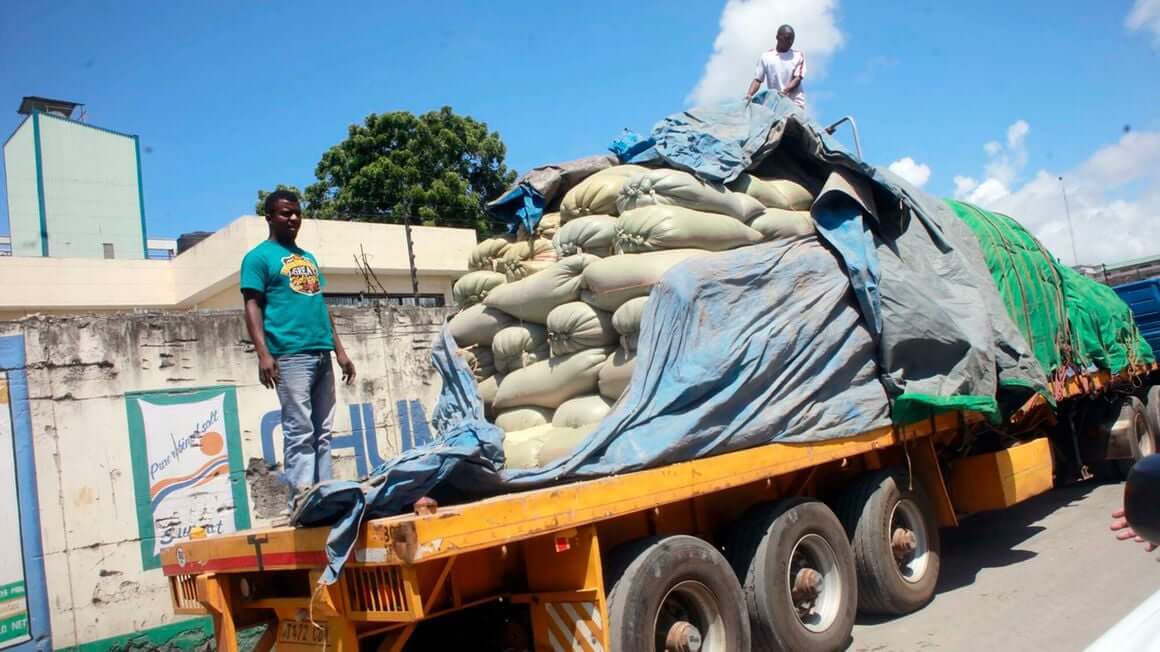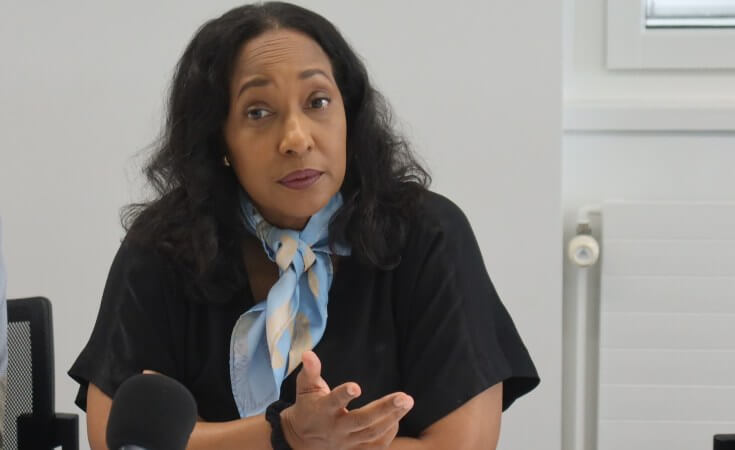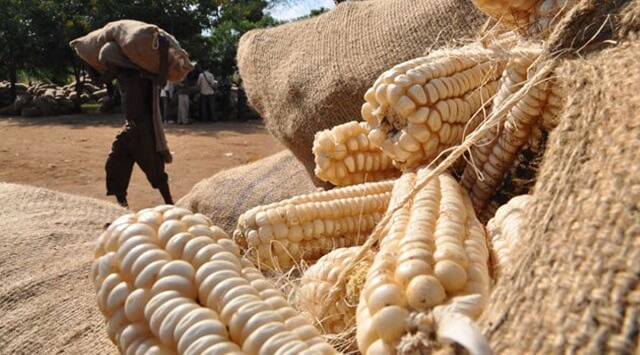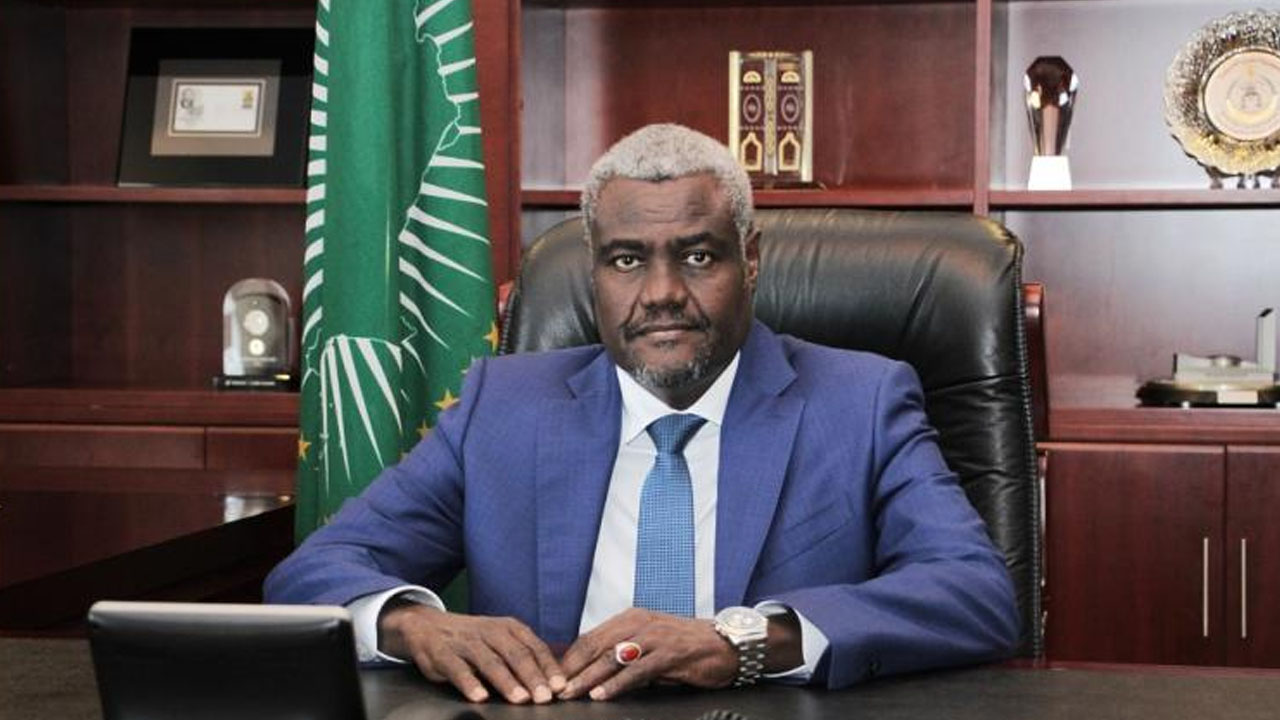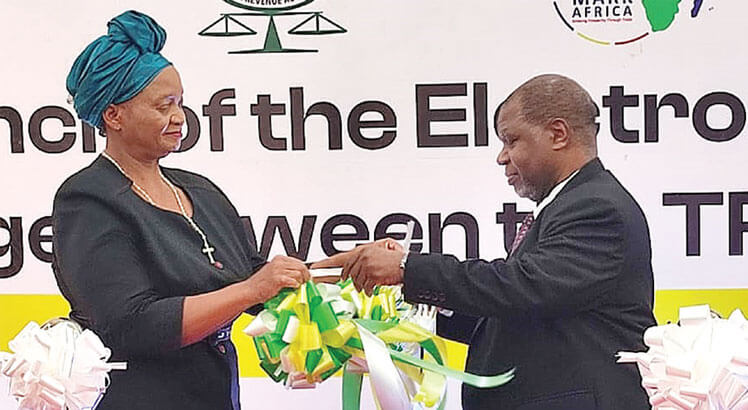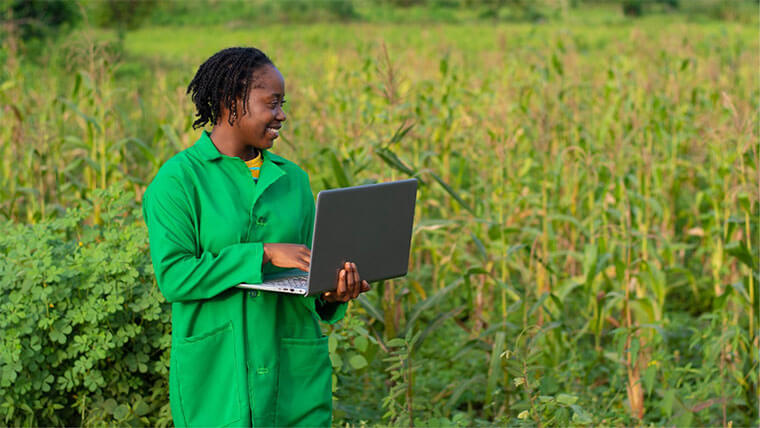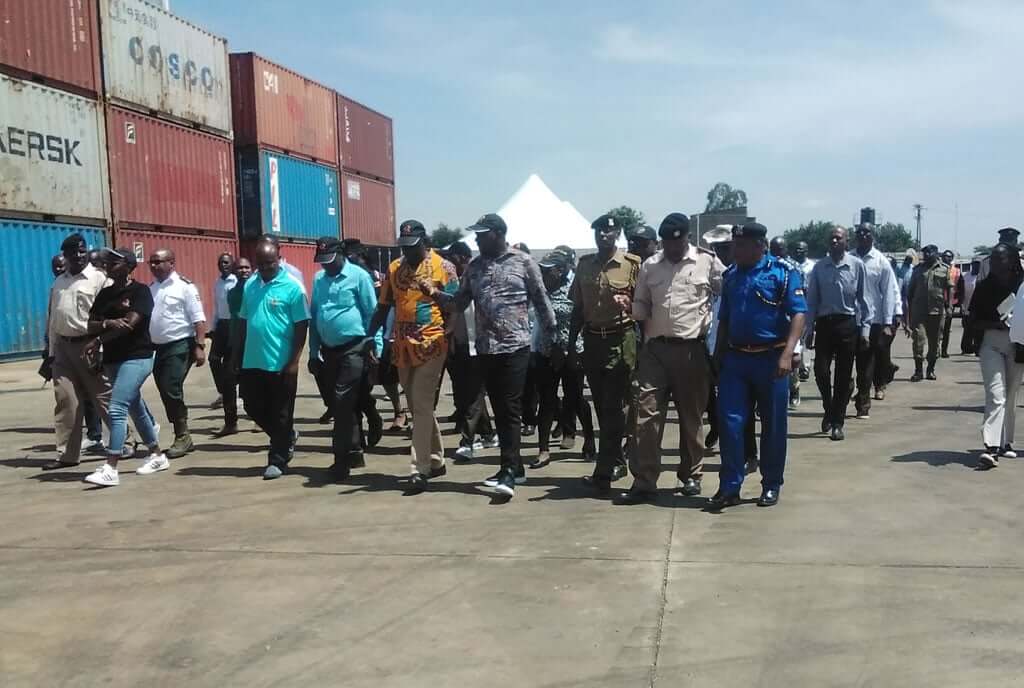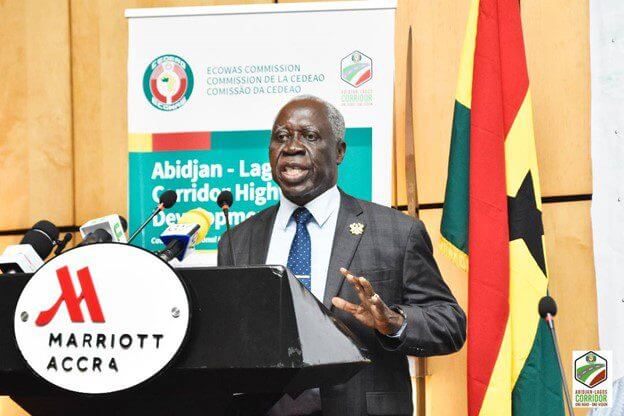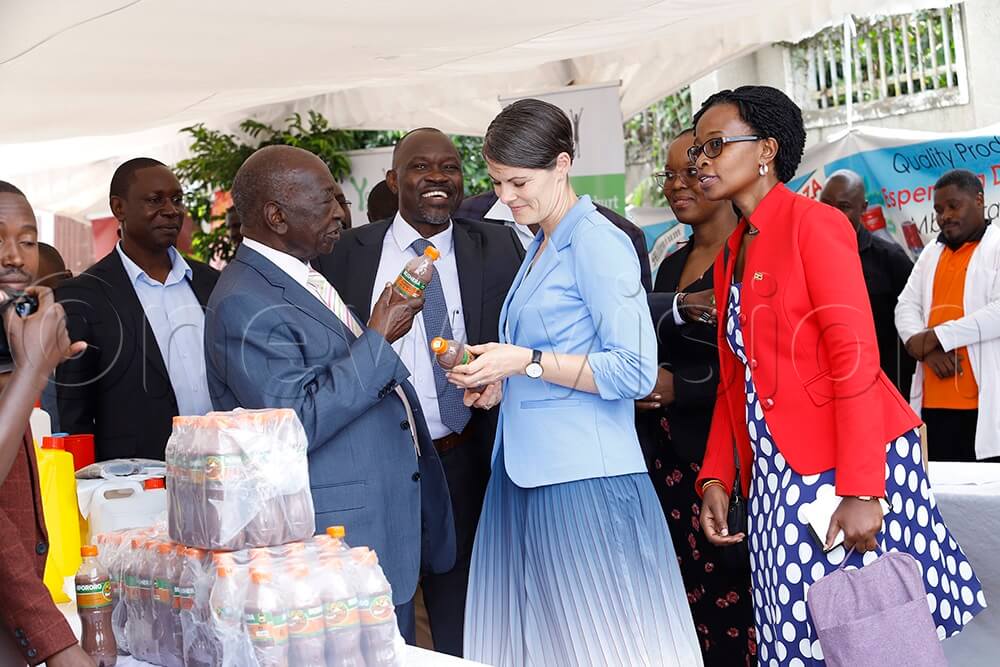Kenya’s Cabinet Secretary in charge of East African Community Affairs Rebecca Miano says she has held talks with her counterpart in Tanzania over the export crisis at the Namanga border, where more than 200 maize-laden trucks were stranded over permits, and a solution is on the cards. Miano told The EastAfrican on Thursday that she had been in talks with Stergomena Tax, Tanzania's Minister for Foreign Affairs and East African Cooperation, to unlock the impasse at the border, which has lasted over two weeks. Trucks loaded with maize from Tanzania were barred from crossing into Kenya after the Tanzanian authorities stopped issuing maize exportation permits. Cross-border importers have termed the change in policy by Dodoma as a re-emergence of non-tariff barriers (NTBs), especially on food trade, even as the Community continues to seek resolution to these challenges. “Tanzania changed its rules on maize exportation. This caused a problem in Namanga,” Miano said on Thursday. The minister, speaking from Lusaka, Zambia, where she had accompanied President William Ruto to a Common Market for Eastern and Southern Africa (Comesa) Summit, said: “I spoke to my counterpart in Tanzania, Hon Tax, and she has assured me that the matter will be sorted out today (Thursday).” By press time, at least 200 trucks, all carrying an average of 6,000 tonnes of maize, had been allowed to cross the border after the talks between the two countries, but a majority were yet to fully comply with Tanzania’s regulations. Tanzania Minister for Agriculture Hussein Bashe blamed the impasse...
Cross-border traders protest new barriers to trade in food in EAC
Posted on: June 15, 2023
Posted on: June 15, 2023

